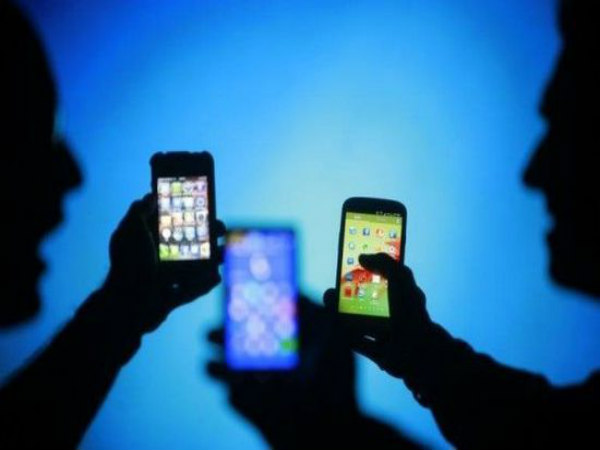
The penetration ratio of iOS8 reached 76% in China in Q2 2015; and as of August 2015, only 19.4% subscribers still used the iOS7 system. The popularization of iPhone 6 and iPhone 6 Plus promoted the adoption of iOS8, and the free system upgrade feature improved iPhone user base in China. When issued in September 2015, iOS9 might replace iOS8 and gain more market share.
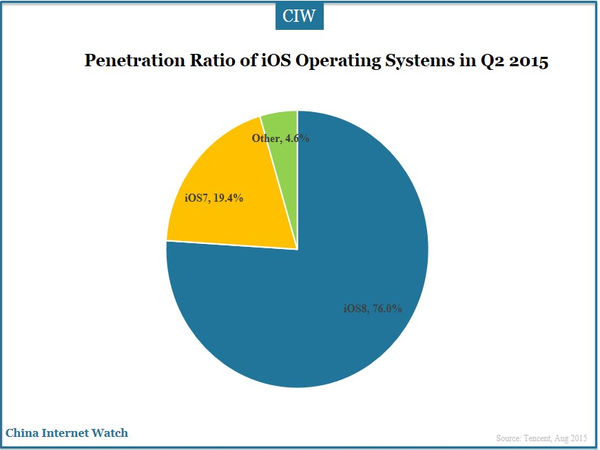
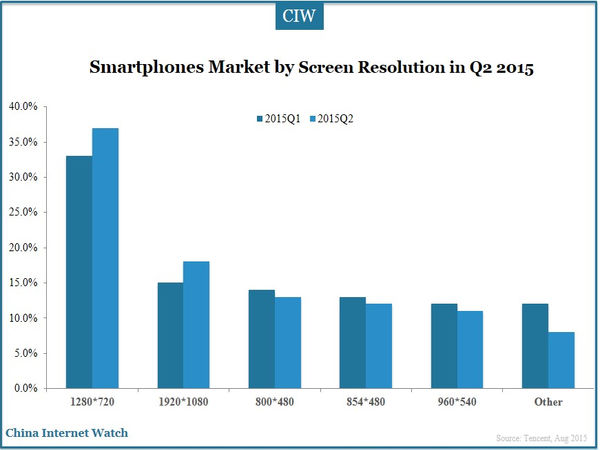
Smartphones with large screens were most welcomed in China. Screens with 1280*920 were best-sellers in the market, as Xiaomi Note, Huawei Glory, iPhone 6Plus.
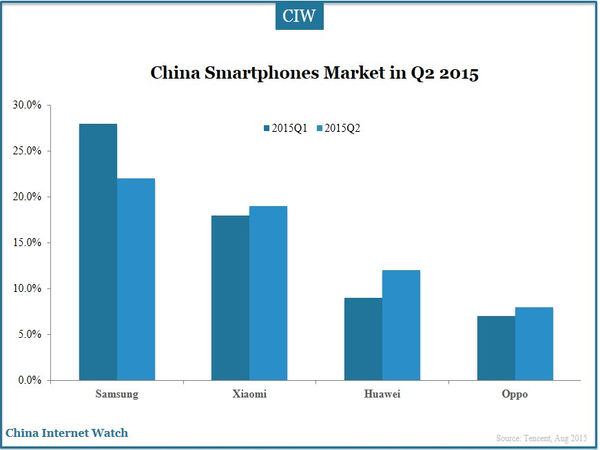
Smartphones market in China faced a fierce competition in the past several months. Xiaomi and Huawei chased iPhone out of the largest smartphone vendor in China by shipments in Q2 2015, and China’s 360 and Letv released smart handsets, driven by the success of some domestic brands. Samsung, the Korea-based brand, was gradually losing its market share in China.
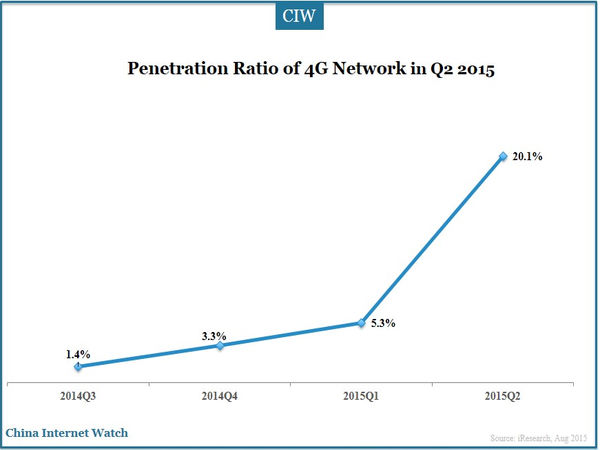
In Q2 2015, the penetration rate of 4G networks reached 20.1% up of over 200 million, 14.8 percentage points higher compared with Q1 2015.
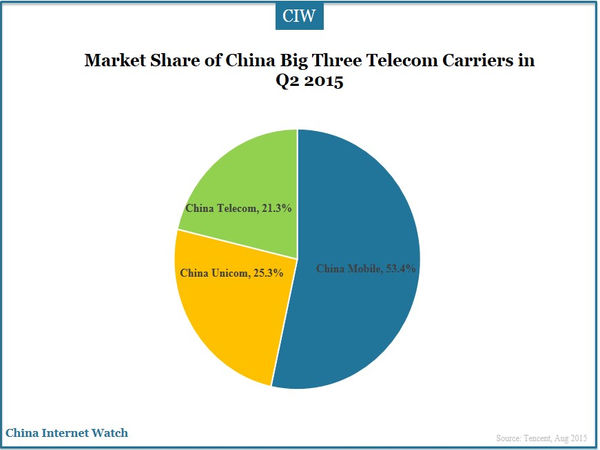
China Mobile composed of 53.4% of China’s mobile network market share, followed by China Unicom (25.27%) and China Telecom (21.3%). 86.6% of 4G network users accessed to the internet through China Mobile, which maintained prominence and expertise compared with China Telecom and China Unicom (11.31% in total).
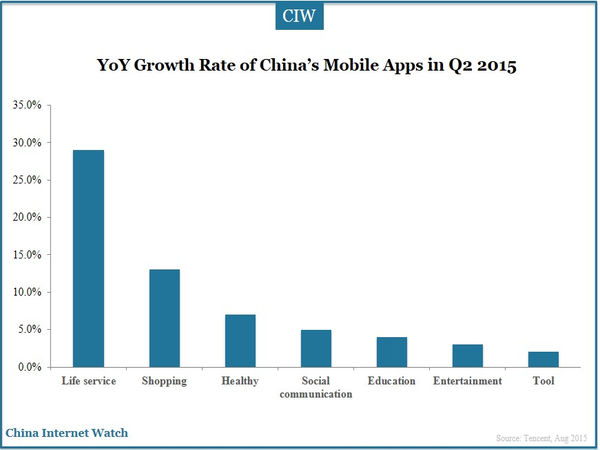
Compared with Q2 2014, life service, shopping and health apps increased in a large amount. Took mobile shopping apps as example, overseas shopping, mother care, group buying and etc. apps increased obviously.
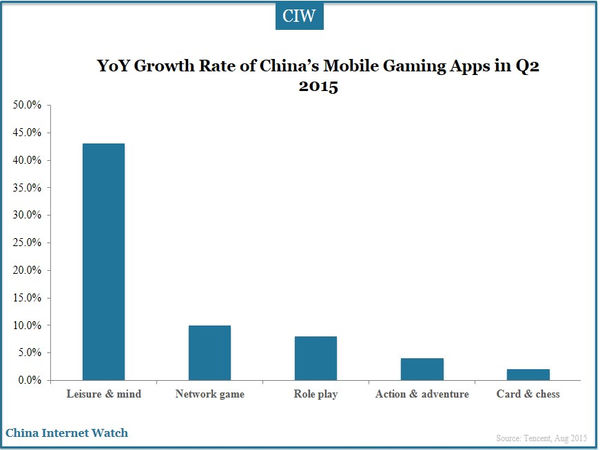
Mobile gaming apps also increased in a large amount compared with the same period last year. Leisure and mind gaming apps maintained a growth trend of over 40%, followed by network gaming apps and role play apps.
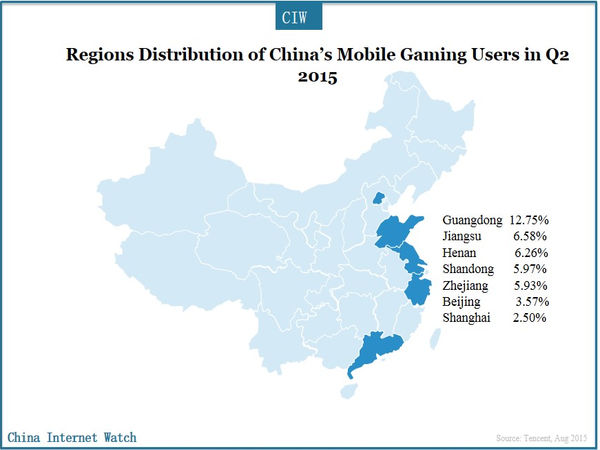
Guangdong province had 12.75% of mobile gaming users in China, followed by Jiangsu province (6.58%) and Henan province (6.26%). Regions in eastern of southern part of China had more mobile gaming users.
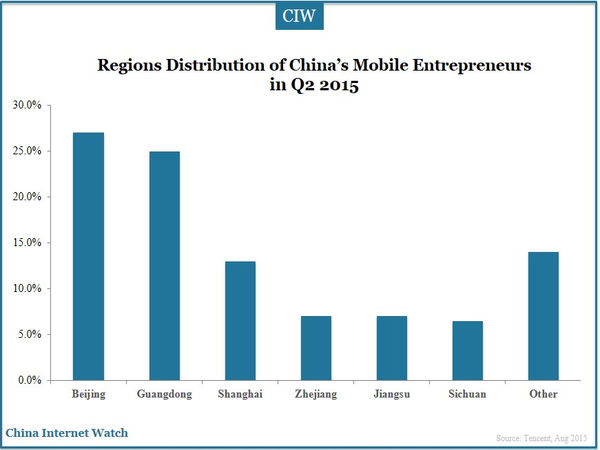
More entrepreneurs devoted themselves to the exploration of mobile internet. Beijing, the capital city of China, had a unique advantage and attracted entrepreneurs with its robust internet atmosphere. Other regions, for example, the Yangtze River Delta, also attracted many internet entrepreneurs.
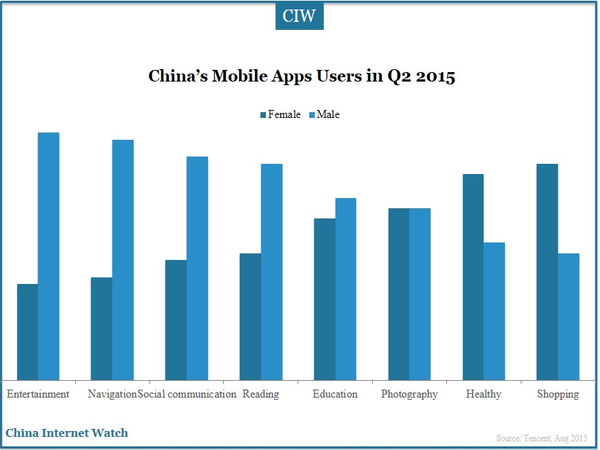
Men and women had nearly total different preference towards mobile apps. Men preferred apps for entertainment, navigation, social communication, reading and etc. while women preferred shopping, healthy, photography, education apps and etc.
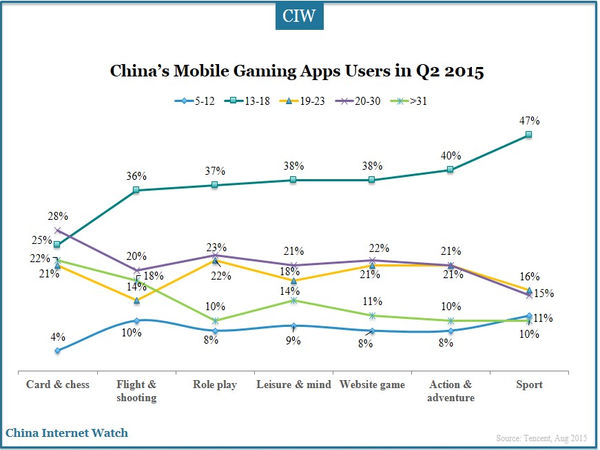
Users above 20 years old preferred to play chess and card games, and 5 to 12 years old were the most likely to play sport and adventure games. Users of 13 to 18 years old comprised of the majority of mobile gaming apps users in each kind of mobile apps.
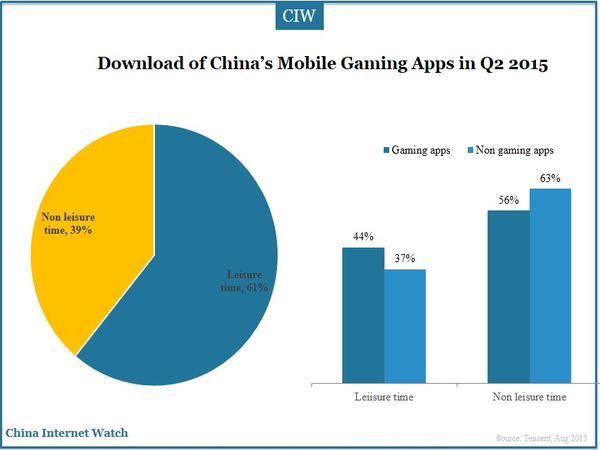
61% mobile apps were downloaded in leisure time, and 44% of which were mobile gaming apps. In non-leisure time, 39% were downloaded, and 63% of those were non gaming apps.
Also read: China Top 100 Mobile Apps in July 2015